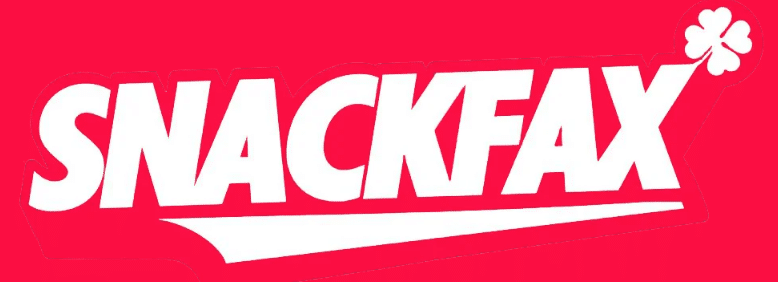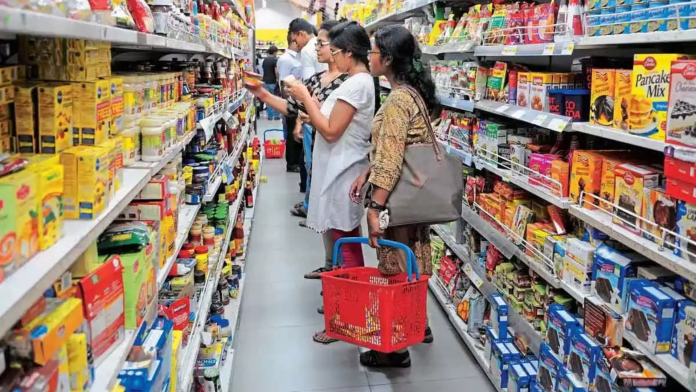According to top executives of consumer goods companies, the resurgence of rural demand is not solely reliant on the influence of El Nino on the monsoon. Various other factors, including a decline in inflation, increased government expenditure on the agriculture sector, and enhanced direct distribution methods, will sustain the momentum of rural recovery.
“There is no immediate impact of El Nino on rural demand,” said Mohit Malhotra, Chief Executive of Dabur India. “Rural demand, for us, has already started showing a recovery, and with inflation softening, we expect rural recovery to gain momentum in the coming quarters.”
El Nino is a phenomenon that occurs irregularly every 2-7 years, resulting in an abnormal warming of ocean surface waters. This climatic event has a detrimental effect on India’s rural economy as it leads to the suppression of monsoon rainfall, which is crucial for agricultural productivity and the overall well-being of rural communities.
El Nino is underway in the Pacific after a gap of seven years, and there are fears that it could cause a rainfall deficiency this monsoon season.
Certain experts have raised concerns regarding the potential impact of El Nino on the rural recovery, which had begun to exhibit signs of improvement in the January-March quarter following six consecutive quarters of decline. According to a report by BNP Paribas, a delay in the monsoon’s progress in specific regions of the country could potentially affect consumer demand in rural areas.
Contrary to that, executives from FMCG companies hold a different perspective, asserting that numerous factors are contributing to the growth in rural areas.
“There are many positive factors at play like lower food inflation, low base, higher agri spending and minimum support prices…it is too early to conclude that El Nino will impact FMCG rural recovery,” said Saugata Gupta, Managing Director of edible oils and personal care products maker Marico.
The significance of rural demand cannot be overstated for packaged goods companies, considering that rural markets account for nearly half of the annual sales for most of these firms.
Dabur, Parle Products, and Nestle India have expressed their commitment to expanding their presence in rural areas, emphasizing that this strategy will consistently drive their sales growth.
“Our direct distribution of outlets in rural markets has gone up by at least 10-15%; that is showing results and we expect the momentum to continue, despite the El Nino factor which is being talked about,” said Mayank Shah, senior category head at biscuit maker Parle Products.
During its recent earnings call following the March quarter results, Nestle India announced its ongoing efforts to expand its rural coverage. The company, known for popular brands such as Maggi noodles and KitKat chocolate, revealed that it had expanded its direct distribution to 1.5 million outlets and its overall distribution network to 5.1 million outlets last year.
A direct distribution channel refers to a method employed by companies to deliver their products directly to retail channels, bypassing the involvement of multiple intermediaries.


